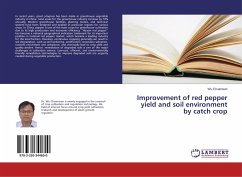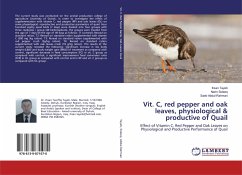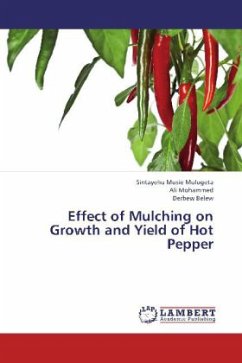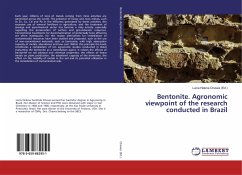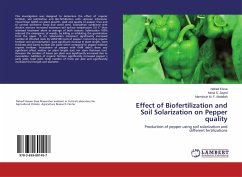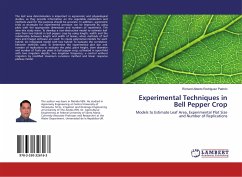In recent years, great progress has been made in greenhouse vegetable industry in China. Land areas for the greenhouse industry increase by 10% annually. Modern greenhouse facilities, planting modes, and technical systems have been designed and applied in particular regions for various crops. In China, pepper is one of the main crops for greenhouse cultivation due to its high production and economic efficiency. "Huaian red pepper" has become a national geographical indication trademark for its important position in national red pepper market, which became a leading industry for the local farmers. However, continuous cropping generally can result in soil degradation, such as soil hardening, acidification, secondary salination, nutrient enrichment and unbalance, and eventually lead to crop yield and quality decline. Hence, remediation of degraded soils is one of the major challenges in cultivation science. Low-cost, efficient, and environmentally friendly remediation technologies to improve degraded soils are urgently needed during vegetable production.
Bitte wählen Sie Ihr Anliegen aus.
Rechnungen
Retourenschein anfordern
Bestellstatus
Storno

